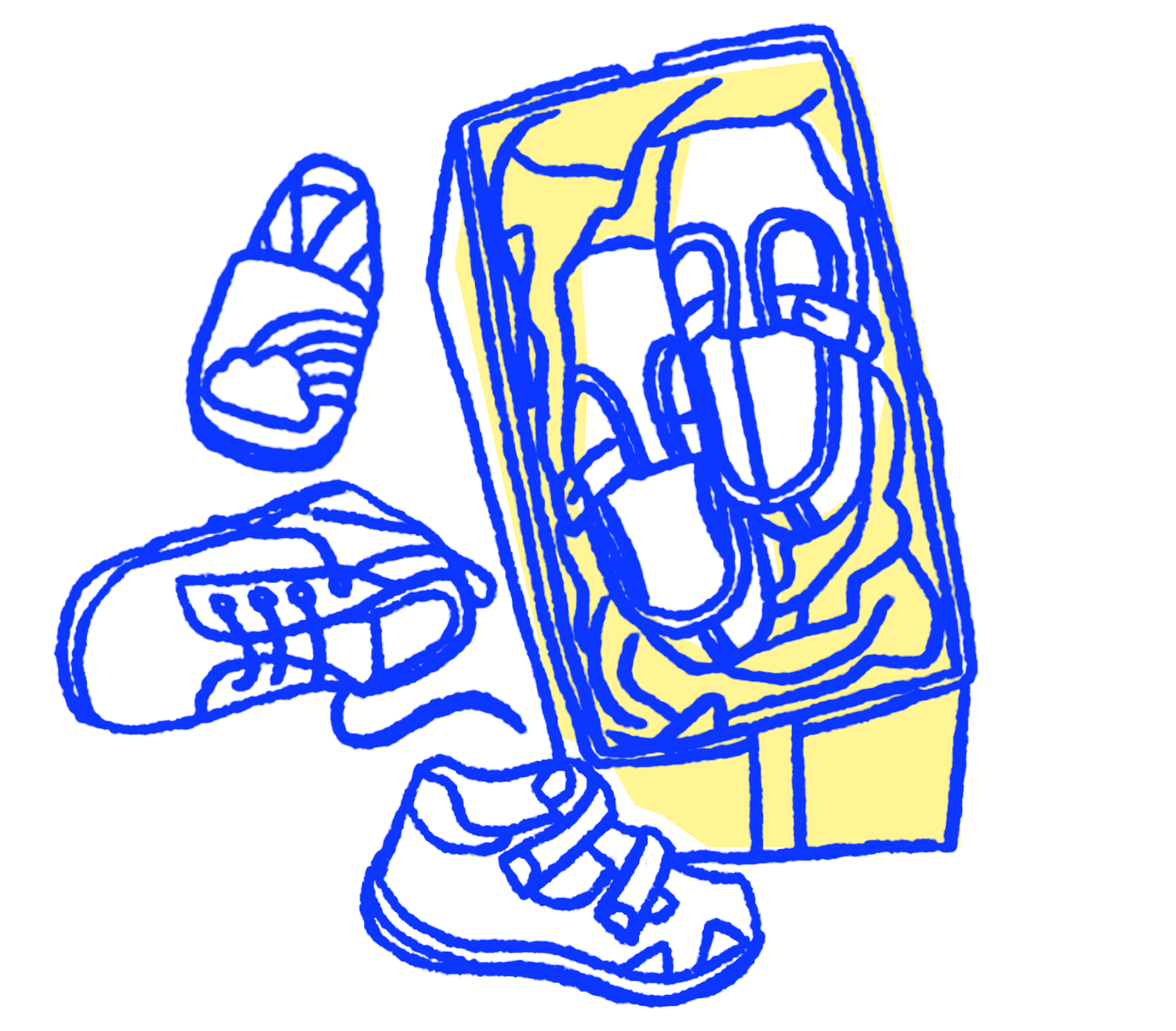
‘Other people don’t have to think about which kid they love the most that month’: the realities of everyday life on the benefit cap and two child limit
June 11, 2021
Since April we’ve been interviewing larger families who are subject to the two child limit and/or benefit cap as part of the Benefit Changes and Larger Families project. We’ll be interviewing many more families over the next 18 months, but already after 11 interviews it is striking how much common ground there is in larger families’ experiences of negotiating life on a low-income.
The families we’ve spoken to are facing considerable financial difficulty as a result of the two-child limit and/or the benefit cap. Participants reported difficulties paying for basic essentials including food, clothing, shoes, nappies, baby food and milk, rent, gas and electricity, phone and internet. As one participant put it:
"It’s a struggle, like the nappies, wipes, baby food, like they [the government] should be made aware that basically that’s the situation that we’re in, we’re struggling [to] get the most basic items."
When we asked participants about the impacts of the policies, by far the thing they talked about the most was the inability to meet their children's needs.
As the parents did not have enough money to meet all of their children’s needs, they had to choose between their children when allocating household resources:
“I have to choose like, oh it sounds awful, like if one kid has no undies and one kid doesn’t have t-shirts I’ll choose the undie kid, I’d be like, well you need undies this month, sorry kid without no t-shirts… [other people] don’t have to think about which kid they love the most that month.”
Ultimately, the inability to meet children’s basic needs had a significant impact on the parents’ mental health. Parents commonly reported feelings of stress, worry and depression. This is supported by recent quantitative research by our colleagues on this project, which showed that households at risk of the benefit cap experienced a significant increase in mental ill health when the benefit cap was lowered in 2016.
The families we have spoken to so far were resilient in the face of these challenges and adopted a range of strategies to manage their low incomes, including shopping at the cheapest supermarkets, buying second hand, using free websites to source birthday presents and clothes, selling outgrown clothes, sourcing hand-me downs, carefully planning meals and using foodbanks. But no amount of careful budgeting could get away from the fact that they weren’t receiving a significant proportion of their benefit entitlement because of the two-child limit and the benefit cap. For many, the only option was to take on more debt.
Covid-19 has highlighted the inadequacy of our social security system and campaigners are urging the government not to cut UC by £20 a week in September. But even if the government doesn’t implement this cut, it pales in magnitude for families when compared to the two-child limit, which takes away up to £55 a week per child, and the benefit cap, which also takes away an average of £55 a week from the very families that are most at risk of poverty. Until action is taken on these policies, larger families will continue to struggle to meet their children’s most basic needs.

